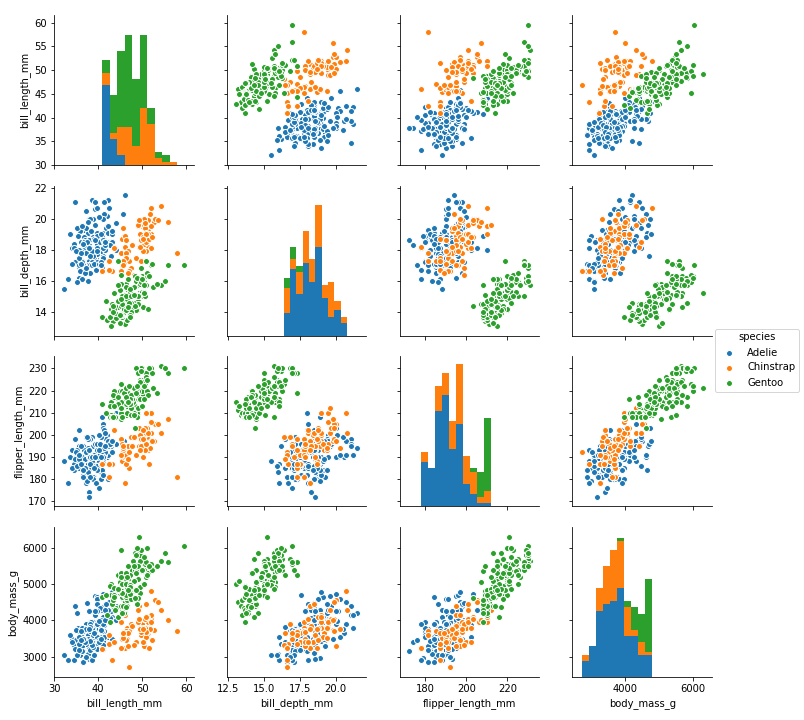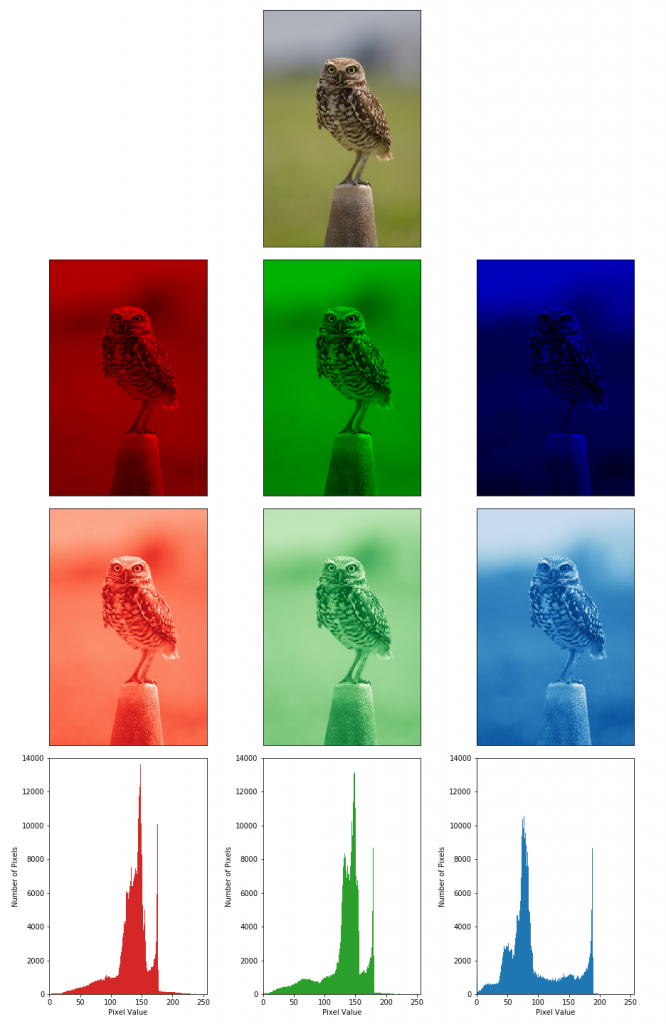Aerospace and STEM Education Course Series
Primary Objective
The primary goal of this aerospace and STEM education course series is to improve childrens’ grades in high school and to help them to get into a better college. A key aspect of this is to develop their competence to create their own strong STEM project portfolio for their college applications, competitive at the best universities in the country.
Knowledge and Performance Goals
Most Basic Competence: Ability to collect and ingest data into a computer, manipulate and analyze the data using code (Python or C++), and create a plot for a presentation or poster to convey a conclusion.
Advanced Competence: Ability to conceive and perform independent science and engineering projects to create a portfolio that will dazzle Ivy League school admissions committees.
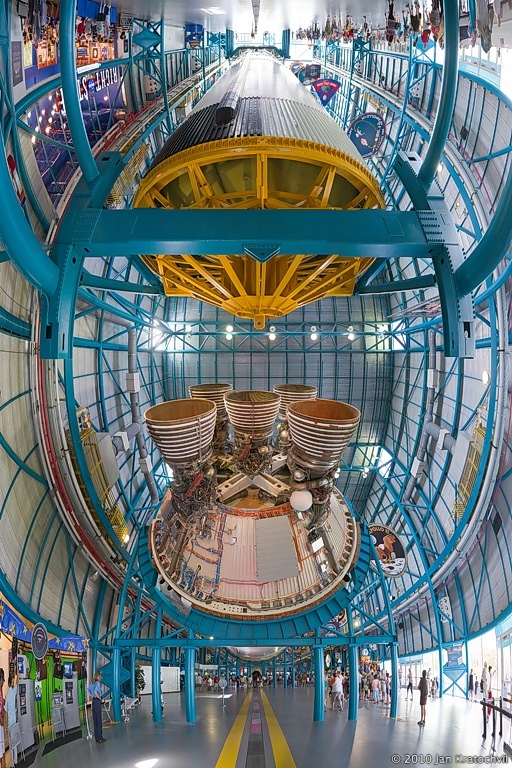
Target Audience
This aerospace and STEM education course series is intended for the cadets of the Civil Air Patrol (CAP), using CAP STEM kits and expanding upon them in various directions. It is currently available only for CAP cadets and senior members, while we are using CAP materials to get started with the fundamentals, but it will be opened to the general public in the Fall of 2024, when the course series starts using more demanding instruction materials created of our own.
Pricing
The course series is free for members of CAP; a decision on pricing for the general public has not yet been made. To register for this course series, please fill out the registration form at the bottom of this page. You may do so, even if you are not a CAP member, and will be included, when the course series goes public.
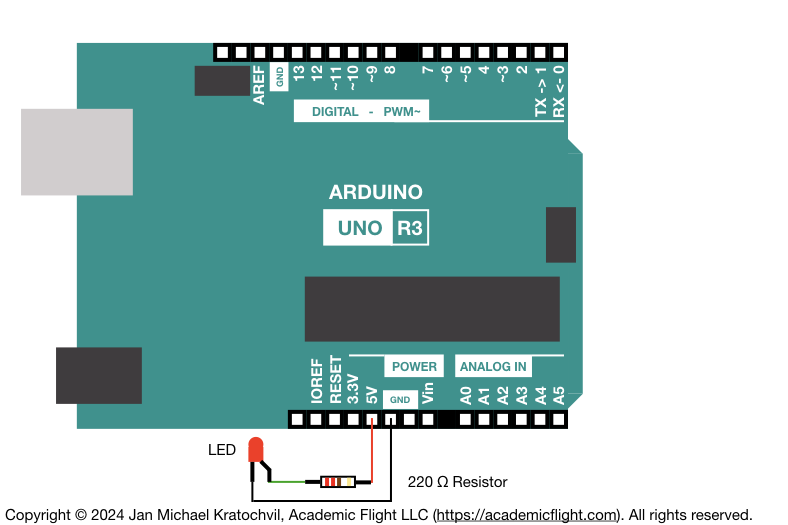
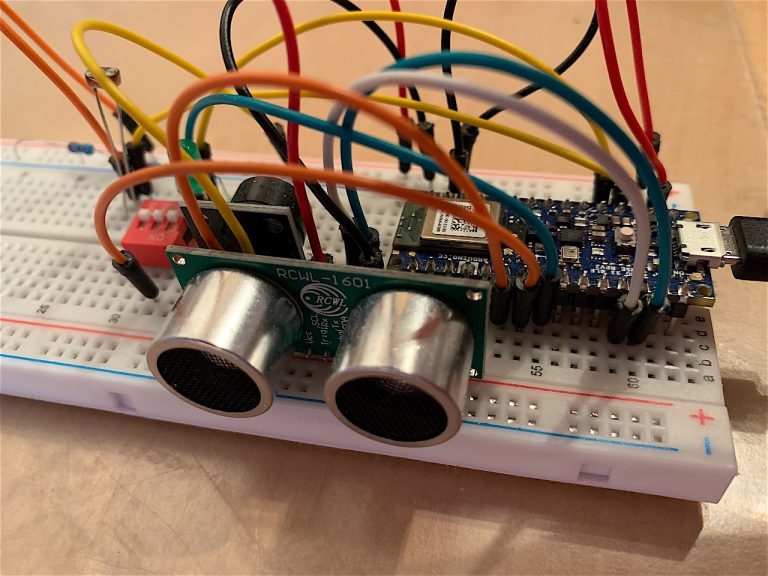
Meeting Time and Location
- Tuesdays, 7:30 p.m. EDT / 4:30 p.m. PDT / 1:30 p.m. HST / 9:30 a.m. ChST / 8:30 a.m. JST
- Location: Online on Microsoft Teams (meeting link will be sent to you after registration for the course).
Topics and Timeline
- May-June: CAP 30 Days Lost in Space Kit
– No additional kit orders needed from CAP, we will do everything together online with the CAP kit which the instructors have ordered.
– CAP cadets will use the instruction video series associated with this kit (original videos, 2023 update)
– Detailed class schedule see below.
– Additional supporting resource: Introduction to Embedded Systems - Starting in August: Data Science and Computing with Python for Pilots and Flight Test Engineers (free access will be granted to CAP cadets)
- Later Fall 2024: TBD (perhaps Introduction to Machine Learning/Artificial Intelligence with TensorFlow and Keras)
Detailed Schedule
In the period from May through June, we will be working through the 30 Days Lost in Space STEM Kit of the Civil Air Patrol (CAP) with CAP cadets online. The kit encompasses Arduino microcontroller programming in C++ and electronic circuit building – a precursor, for instance, to building your own drone.
Students are expected to work through the instruction videos, which come with the CAP kit, on their own (in the first session on April 30, we will show them how to do that). The videos are pretty self-explanatory. During the online sessions we will review the material, answer any questions, expand upon the lessons, and teach students how to write clean code (which is not done in the videos properly).
Live online class time is always on Tuesdays at 7:30pm EDT.
- April 30, 2024: Introduction, Setup, and Familiarization with Tools
- May 7, 2024: Kit Lessons 1, 2, and 3
- May 14, 2024: Kit Lessons 4, 5, and 6
- May 21, 2024: Kit Lessons 7, 8, and 9
- May 28, 2024: Kit Lessons 11, 12, and 13
- June 4, 2024: Kit Lessons 14, 15, and 16
- June 11, 2024: Kit Lessons 17, 19, and 19
- June 18, 2024: Kit Lessons 21, 22, and 23
- June 25, 2024: Kit Lessons 24, 25, and 26
- July 2, 2024: Kit Lessons 27, 28, and 29.
Note: Lessons 5, 10, 15, 20, 25, and 30 are skipped, because they have no content (you can still watch their brief videos on your own).
Registration
To register for this Aerospace and STEM Education Course Series, please fill out the form below. You will receive an email with online connection information for the live classes. While at present you need to be a CAP member to participate, you may register regardless, and you will be automatically included in the classes, once the course opens up to the general public.
Simple Data Analysis Examples in Python
